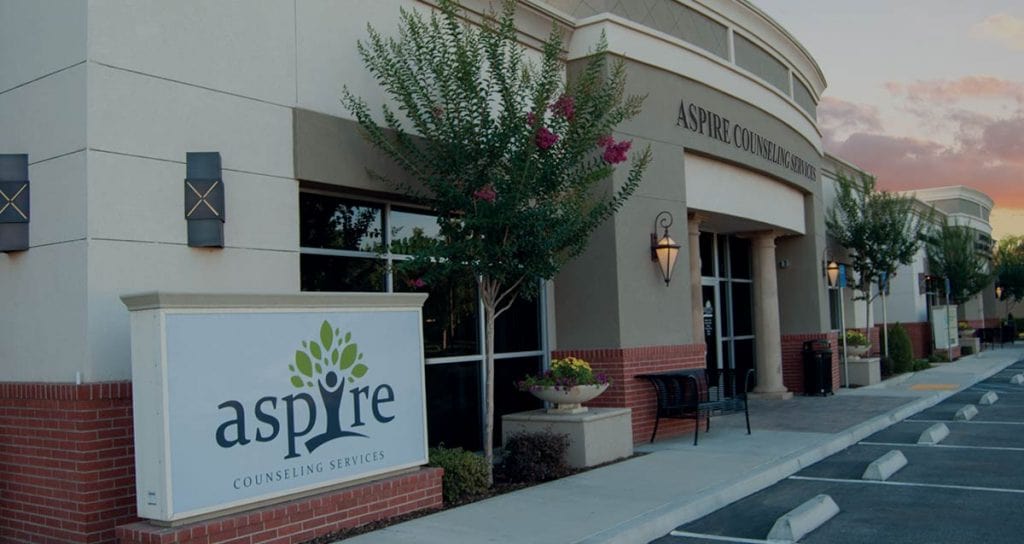What Can Counseling Do For Me With PTSD?
A superior inquiry is: How mightn't treatment at any point help you?
Mending PTSD without some kind of expert help, direction and interaction is absurd. Which isn't to say you need to burn through a great many dollars kicking back from specialist to specialist. There are a few free, proficient on and disconnected contributions that can do a mind boggling sum to teach you about how to adapt, make due, treat and mend all alone. On location directing can be very viable by they way we figure out how to move our contemplations forward by the advantage of an external viewpoint. In the event that you can't bear the cost of this course, cheer up, there are as yet numerous choices for you.
The main part of recuperating PTSD is promising to track down the treatments and practices that work for you. Our mending ways converge and reflect one another, however they are their own singular processes. This implies hearing how others have recuperated can give you thoughts for how to advance your mending, yet they don't guarantee your way will be the very same as any other individual's.
Which Portion of the Cerebrum Needs To Recuperate?
To start an exhaustive assessment of famous PTSD treatment draws near, we should separate things into two camps: the cognizant and the psyche.
Our cognizant brain is our strict absorption of boosts. It's intelligent, levelheaded and scientific. The psyche mind is the very inverse. It is our 'creature' mind, driven by feeling, contemplations, impulses and recollections of which we are not mindful all the time. Which do you believe is the more grounded piece of your mind? Assuming you said the psyche mind you'd be right! The cognizant psyche is just 12% of our cerebrum, while the inner mind makes up an incredible 88%. This implies that all that we do is truly inspired by the piece of us that houses our recollections and close to home reserve.
What's the primary concern here? At the point when an injury happens, we can't simply deal with it since it has established a connection in the subliminal that it clutches. Consider the ocean side: Your feet leave impressions in the sand. Long after your foot has continued on the sand clutches the shape your bottom abandoned. The psyche mind is this way, as well. Long after the injury is over the inner mind clutches the effect had behind. Until a wave eradicates the impression your impressions stay on the ocean front; the equivalent goes for the effect of injury in the psyche mind.
What's more, here's another bothersome reality: the inner mind views its occupation as guarding you. Set up this with the possibility that the effect of injury stays new and you have a truly fantastic recipe for destructive PTSD. Accepting that you are still at serious risk, the psyche mind will work safeguarding you by keeping your brain and body in a consistent condition of caution. Recuperating implies getting the psyche brain to remain down.
How Would We Mend?
Regardless of all of the clinical and logical proof of how PTSD capabilities in the two sides of the mind, many individuals approach treatment as though the entirety of that is fundamental is having a straight talk and all will be well. In any case, the key to recuperating injury and PTSD lies in moving toward the two sides of the mind, not either. Each section has reasons it needs mending consideration. In the event that we just arrangement with the cognizant brain, the recollections and feelings put away in the psyche will keep on influencing us paying little mind to what we deliberately realize and comprehend. In the event that we just arrangement with the psyche mind, we don't completely figure out how to impart what is most upsetting us thus we may not entirely arrive at the issues on the psyche side.
A strong methodology for mending PTSD is consolidating approaches so that each side of the brain is tended to.
How Treatment Can Help You
Treatments that address the cognizant psyche (for example talk treatment, Mental Conduct Treatment) give us integral assets for finding out about ourselves, our injury responses, our considerations, sentiments, feelings and, above all, our apprehensions - and afterward assists us with creating language and apparatuses for adapting and planning our mending.
Treatments that address the psyche mind (for example data handling strategies, hypnotherapy) address the psyche mind in a profoundly viable way. They are the waves that eradicate injury's engraving that moves us increasingly close to mending.
The core of what a mix of treatments can do lies in consolidating the collaboration of the two sides of the brain into a paradigmatic shift so our view of injury are decreased to their legitimate size and we become allowed to live not as survivors or casualties but rather as individuals with previous encounters - very much like every other person.
For More Info:-

Comments
Post a Comment